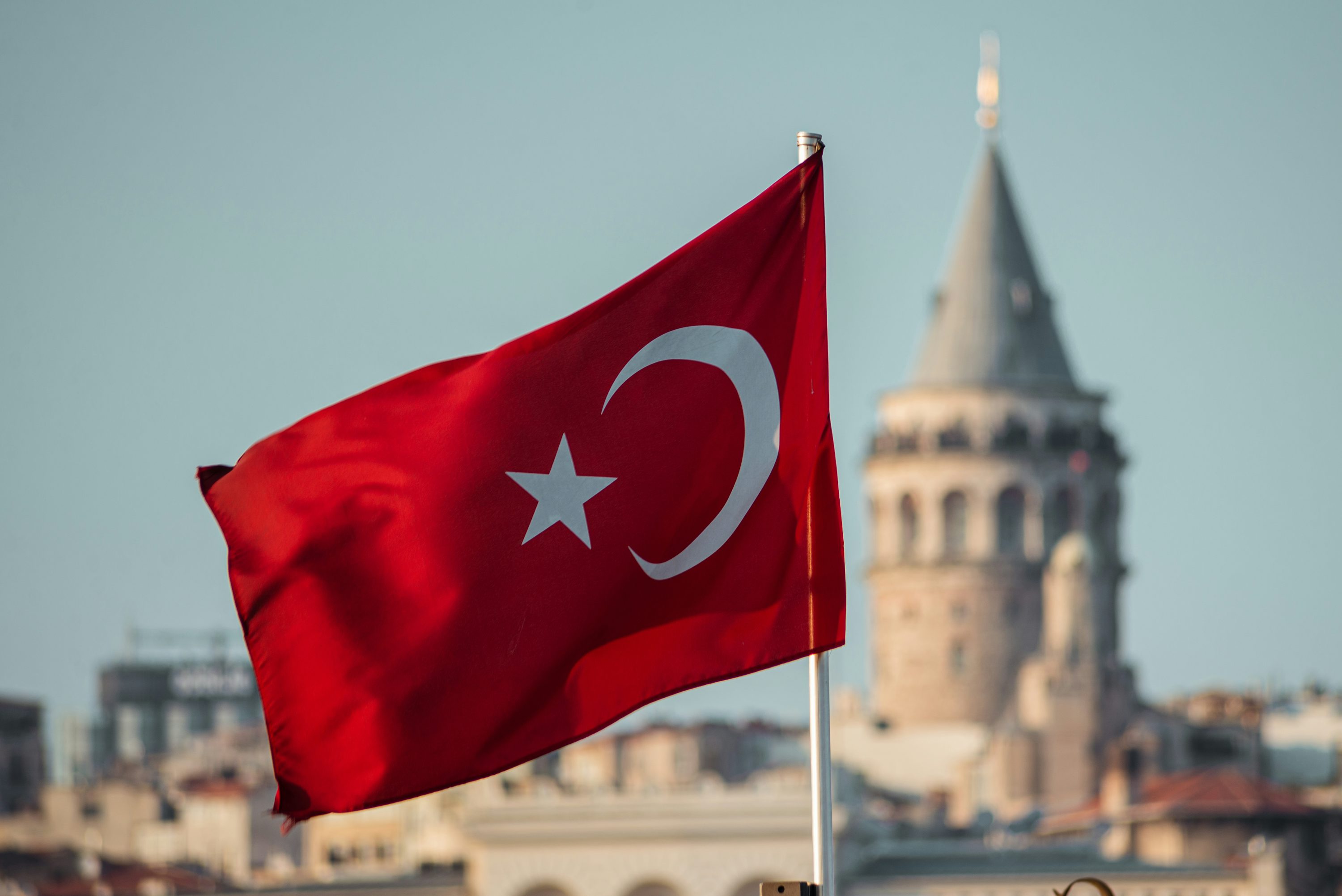19 Jan,26
Most Searched Keywords
05 Aug
$94 Million Trade with Turkey: New Developments in Afghanistan’s Export and Import Landscape
by Kamran Noori

According to official reports, trade volume between Afghanistan and Turkey reached $94 million in the first ten months of 2024, signaling a significant expansion in bilateral commercial relations and highlighting the potential for deeper economic engagement. The Afghan Ministry of Industry and Commerce stated that out of this total, $21 million accounted for Afghanistan’s exports, while imports from Turkey reached $73 million. Major Afghan exports to Turkey included sesame, raisins, almonds, cumin, and cowhide, whereas imports mainly consisted of medicinal plants, carpets, and heaters.
The growing trade relationship between Afghanistan and Turkey holds considerable importance for both national and regional economic development. Turkey, as one of Afghanistan’s strategic partners, has the potential to play a vital role in diversifying Afghan exports and supporting the country’s economic growth. However, the existing imbalance $21 million in exports versus $73 million in imports reflects a structural challenge in Afghanistan’s economy and underscores its heavy reliance on imported goods. Therefore, boosting export capacity should be considered a central objective in the country’s economic policymaking.
The Istanbul International Halal Expo, recognized as the world’s third-largest halal exhibition, presents a valuable opportunity for Afghanistan. A formal delegation from the interim government, along with a group of Afghan traders, is expected to attend the event to showcase Afghan products on the international stage. Beyond offering a platform to promote halal products, the expo also provides avenues to establish and strengthen trade relations. Afghan products especially dried fruits, medicinal herbs, and other agricultural goods possess high potential for global market appeal.
Representatives from Afghanistan’s Chamber of Industries and Mines have emphasized the significance of this event. They believe that business meetings and trade conferences on the sidelines of the expo could improve economic relations and create new opportunities for cooperation. Participation in such international exhibitions not only enhances Afghanistan’s export profile but also raises the country’s economic standing globally.
To better leverage these opportunities, coordinated efforts between the government and the private sector are essential. Investment in agriculture, medicinal plant production, and mining could have a positive impact on boosting exports and reducing dependency on imports. Furthermore, implementing supportive policies to strengthen domestic production and curb import reliance would help establish a more balanced foreign trade framework.
The $94 million trade volume with Turkey marks a notable step forward in Afghanistan’s economic relations. However, addressing the export-import imbalance and enhancing economic policy remain critical for sustainable trade development. Participation in events like the Istanbul International Halal Expo can pave the way for broader international exposure of Afghan products and increased economic cooperation.
